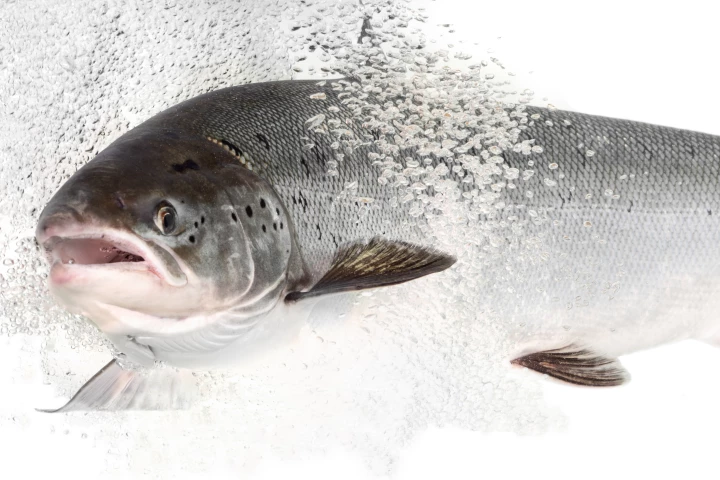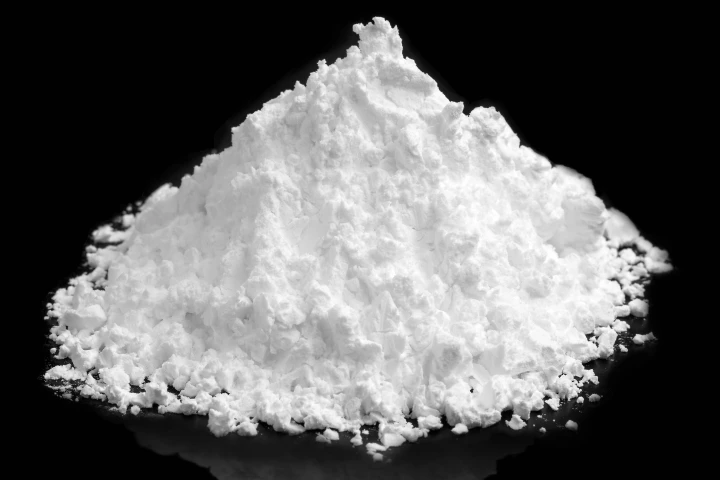Deakin University
-
When you're checking the freshness of a piece of fish that you plan on eating, you want results right away. That's where a new microneedle-based sensor comes in, as it delivers a yay or nay in less than two minutes.
-
A benzodiazepine seeping into waterways is causing young Atlantic salmon to behave strangely, with fish in the wild migrating more rapidly and taking more risks on their journey from river to ocean. It even seems to be messing up their social lives.
-
Australian scientists say they've made a "eureka moment" breakthrough in gas separation and storage that could radically reduce energy use in the petrochemical industry, while making hydrogen much easier and safer to store and transport in a powder.
-
Human civilization wouldn’t be where it is today if we hadn’t domesticated animals. Now researchers have discovered the first example of an animal domesticating another animal, with a fish species found to recruit shrimp to tend their algae farms.
-
A startup spun out of Australia’s Deakin University has leveraged its knowledge in organic chemistry and aerospace engineering to produce the world’s first recycled carbon fiber surfboard, promised to perform just as well as a traditional one.
-
Researchers at Australia's Deakin University say they've managed to use common industrial polymers to create solid electrolytes, opening the door to double-density solid state lithium batteries that won't explode or catch fire if they overheat.
-
Some solar panel components are more easily recycled than others, and scientists in Australia may have just figured out how to repurpose one of the trickiest and most valuable: the silicon that serves as its semiconductor.
-
While many of us might think that concrete structures such as bridges simply stand unaided for decades at a time, the fact is that they require maintenance as often as once every five years. An experimental new type of rebar, however, could drastically change that.
-
While we've already seen that large-scale wind turbine blades which are shaped like humpback whale fins can be more efficient, what works for big turbines doesn't necessarily work for little ones. In fact, a new study suggests that for small-scale units, copying seagull wings may be the way to go.
-
When a cotton gin is used to separate cotton fibers from their seeds, a lot of lint is produced as a waste product. Currently, much of that cotton lint is just burned or put in landfills. Thanks to recent research out of Australia, however, it may soon be converted into biodegradable plastic.
-
Although glass is thought of as being eco-friendly because it's recyclable, the fact is that a lot of it doesn't get recycled. Now, however, scientists are suggesting that glass waste could be used to make concrete that's stronger and cheaper.
-
If you work in an office cubicle, then you likely don't have much control over the factors that determine your comfort level. Well, a new device could at least let the powers-that-be know if things need improvement, by monitoring the environment in your cubby hole.
Load More











